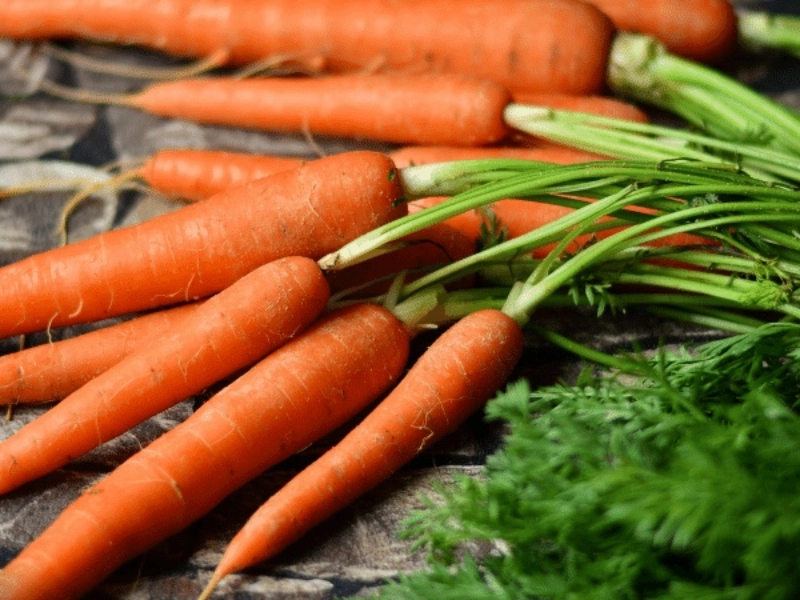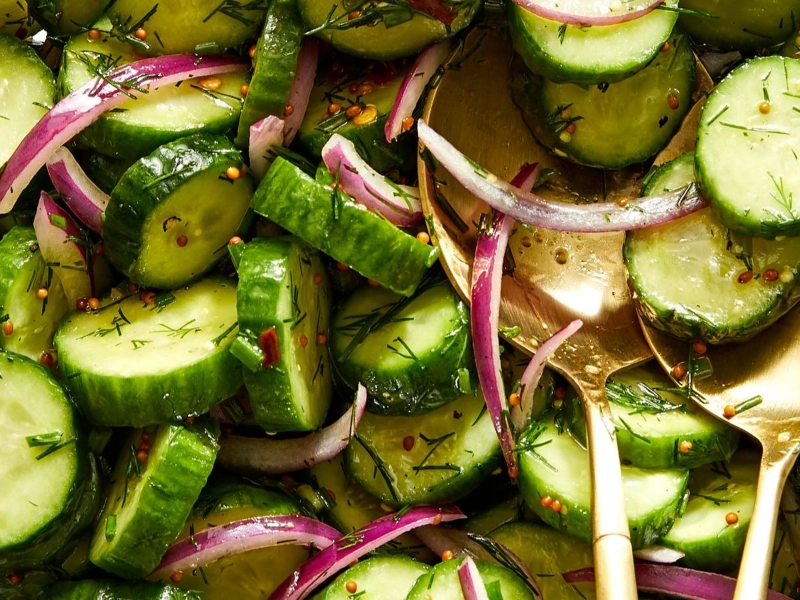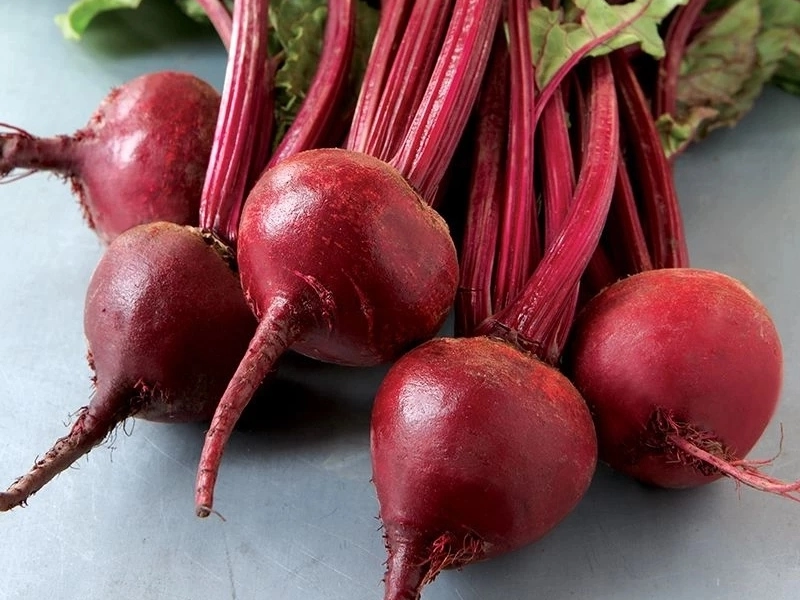Because they are nonstarchy, have a low glycemic index (GI), and are full of antioxidants, carrots are a healthy food for anyone with diabetes. Cucumbers are high in water content, low in calories and sugar, and a good source of vitamin C, which may aid with glycemic control, blood sugar regulation, and hypertension.

 With few calories and an abundance of beneficial vitamins like vitamin C, folate, and fiber, cauliflower is a vegetable that is practically necessary. In addition to being well-known for helping with digestion, cauliflower's meaty texture allows it to be a wonderful plant-based alternative to chicken or beef in many recipes.
Dietary fiber, found in cauliflower, aids in the body's ability to more easily control blood sugar levels and digest carbohydrates more slowly. Cauliflower also has anti-inflammatory and antioxidant qualities for further protection.
Dietary fiber is readily accessible at most grocery stores and is inexpensive and simple to include in your diet. This nutritious vegetable can help with diabetes symptoms, skin health, and energy levels throughout the day if you include it in your meals on a regular basis. Moreover, if you don't like the strong taste of leafy greens but still want to benefit from their cleansing qualities, blending this vegetable into smoothies or soup recipes is a simple way to do so!
With few calories and an abundance of beneficial vitamins like vitamin C, folate, and fiber, cauliflower is a vegetable that is practically necessary. In addition to being well-known for helping with digestion, cauliflower's meaty texture allows it to be a wonderful plant-based alternative to chicken or beef in many recipes.
Dietary fiber, found in cauliflower, aids in the body's ability to more easily control blood sugar levels and digest carbohydrates more slowly. Cauliflower also has anti-inflammatory and antioxidant qualities for further protection.
Dietary fiber is readily accessible at most grocery stores and is inexpensive and simple to include in your diet. This nutritious vegetable can help with diabetes symptoms, skin health, and energy levels throughout the day if you include it in your meals on a regular basis. Moreover, if you don't like the strong taste of leafy greens but still want to benefit from their cleansing qualities, blending this vegetable into smoothies or soup recipes is a simple way to do so!
 Because they don't spike blood sugar levels, cucumbers are a great choice for diabetics who need to avoid foods that do so because they have a low glycemic index (GI).
Potassium, a necessary mineral for cell communication, nerve impulse transmission, muscular contraction, and heart health, is also included in dietary supplements. Research indicates that increasing your intake of potassium-rich foods can both improve kidney function and lower blood pressure.
Because they are 95% water, cucumbers are a very hydrating food for diabetics who need to drink additional water to avoid low blood sugar issues.
You can eat fresh cucumbers as a snack on their own or in salads and sandwiches. Because they are high in nutrients and low in calories, they are a great addition to juice drinks and may help control blood sugar. Cucumbers have been shown in research to significantly affect glucose tolerance; for certain people, this may even help delay the onset of diabetes!
Because they don't spike blood sugar levels, cucumbers are a great choice for diabetics who need to avoid foods that do so because they have a low glycemic index (GI).
Potassium, a necessary mineral for cell communication, nerve impulse transmission, muscular contraction, and heart health, is also included in dietary supplements. Research indicates that increasing your intake of potassium-rich foods can both improve kidney function and lower blood pressure.
Because they are 95% water, cucumbers are a very hydrating food for diabetics who need to drink additional water to avoid low blood sugar issues.
You can eat fresh cucumbers as a snack on their own or in salads and sandwiches. Because they are high in nutrients and low in calories, they are a great addition to juice drinks and may help control blood sugar. Cucumbers have been shown in research to significantly affect glucose tolerance; for certain people, this may even help delay the onset of diabetes!
 While most vegetables are beneficial to diabetics and should be a part of their diet, some root vegetables have a higher glycemic index than others, so when making your own juices, pay attention to portion sizes. For example, consuming too much carrot juice can result in an unexpected spike in blood sugar levels, which can interfere with treatment plans for managing the condition.
Despite having a high glycemic index, beets are one of the many vegetables that have numerous health advantages. Their rich crimson color is a testament to their abundance of antioxidants and minerals that are vital for the overall health of the body; they have even been demonstrated to lower the risk of heart disease and to defend against cancer!
Research has shown that consuming beetroot juice can greatly improve athletic performance. This is due to the nitrates included in beetroot juice, which also aid in better digestion, lower blood pressure, and an increase in oxidative metabolism and cellular energy.
While most vegetables are beneficial to diabetics and should be a part of their diet, some root vegetables have a higher glycemic index than others, so when making your own juices, pay attention to portion sizes. For example, consuming too much carrot juice can result in an unexpected spike in blood sugar levels, which can interfere with treatment plans for managing the condition.
Despite having a high glycemic index, beets are one of the many vegetables that have numerous health advantages. Their rich crimson color is a testament to their abundance of antioxidants and minerals that are vital for the overall health of the body; they have even been demonstrated to lower the risk of heart disease and to defend against cancer!
Research has shown that consuming beetroot juice can greatly improve athletic performance. This is due to the nitrates included in beetroot juice, which also aid in better digestion, lower blood pressure, and an increase in oxidative metabolism and cellular energy.